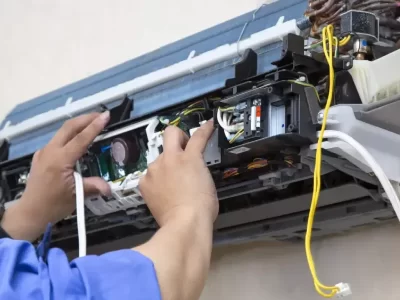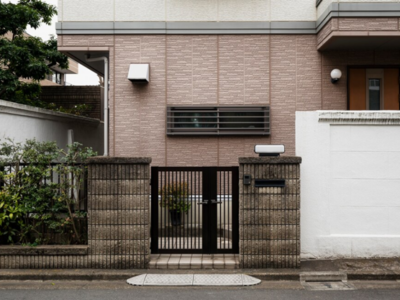Most houses use air conditioners to filter and circulate air and remove pollutants from the air. It minimises allergens in the air and helps people suffering from respiratory problems. Air conditioners are essential to protect people from heat waves, and a classic residential air conditioner is wall-mounted and preferred by most people. The wall-mounted air conditioning systems are also known as split system air conditioners or ductless air conditioners. They make little or no noise and complement the modern house decor. It requires less work for installation and needs no ductwork.
The most significant reason people choose wall-mounted air conditioners is that they are more affordable than centralised systems, window units, and portable units. They are not bulky like the window air conditioner units. During the installation process, it causes very little damage to the decor. A range of wall-mounted air conditioners is available in various sizes and capacities. The air conditioners ensure that people feel comfortable throughout the year.
The wall-mounted unit blows cool air around the room. The air conditioners take in the warm air, absorb the moisture and heat and deliver cold air. Another chamber placed outside the house expels the warm and moist air from the house’s interior into the atmosphere. Refrigerants cool the air which blows around the room.
People who want to reduce carbon footprint and energy costs install split air conditioners. They are the best choice for small homes and apartments because they don’t occupy any floor space. They are affordable, effortless to install and reduce the bacteria and allergens in the air. The number of wall-mounted units needed to cool a room depends on the size of the room and the power provided by the system. Larger rooms require multiple units installed evenly throughout the room to ensure no area is left out.
How to choose an air conditioner
Room size: It is best to measure the size of the room before choosing an air conditioner. Knowing the room size helps get the best results from the air conditioning system. The air conditioner system must provide adequate cooling to the room in which it is installed.
Power efficiency: The air conditioner must be power efficient and should keep the electricity bills low and keep the room cool. The initial costs for a power-efficient unit may be high, but it helps save money in the long run.
Benefits of split air conditioning
Individualised control: Each wall-mounted unit is controlled independently to provide comfortable cooling to each part of the room.
Maximum efficiency: Split air conditioners are known for high cooling efficiency, slim appearance and quiet operation.
Why do homes need air conditioners?
Less humidity
The most significant benefit of air conditioning is to reduce the humidity level inside the room. A less damp home keeps people healthy, and high humidity causes heat strokes, dehydration, mould and dust mites.
Better air quality
Air conditioners improve the air quality and create a healthy atmosphere. They filter out the pollen, dust and allergens from the air and prevent the growth of mould and mildew.
Relieves stress
Hot temperatures prevent people from concentrating on their work. It keeps the room cool and reduces the stress associated with working in an uncomfortable environment.
Better sleep
People sleep well when the room temperature is cool. Good sleep helps people to be fresh and concentrate well on their tasks. Sleep is essential to living a healthy and relaxed life.
A classic residential air conditioner is wall mounted in most homes to save space and make the place appear neat. Air conditioning is necessary during summers to prevent heatstroke and stay healthy. They keep the place cool and clean and help people be in good spirits throughout the year.












Comments